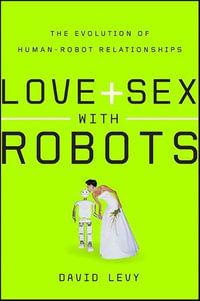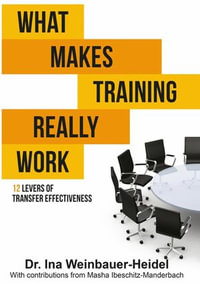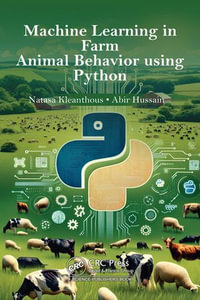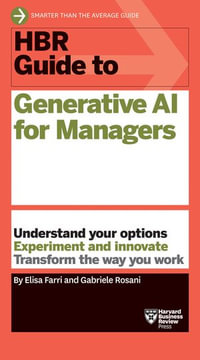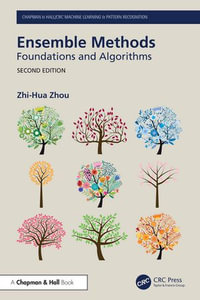
eTEXT
Knowledge-Based Intelligent Information and Engineering Systems
7th International Conference, KES 2003, Oxford, UK, September 3-5, 2003, Proceedings, Part I
By: Vasile Palade
eText | 8 April 2011 | Edition Number 1
At a Glance
eText
$129.00
or
Instant online reading in your Booktopia eTextbook Library *
Read online on
Desktop
Tablet
Mobile
Not downloadable to your eReader or an app
Why choose an eTextbook?
Instant Access *
Purchase and read your book immediately
Read Aloud
Listen and follow along as Bookshelf reads to you
Study Tools
Built-in study tools like highlights and more
* eTextbooks are not downloadable to your eReader or an app and can be accessed via web browsers only. You must be connected to the internet and have no technical issues with your device or browser that could prevent the eTextbook from operating.
ISBN: 9783540452249
ISBN-10: 3540452249
Published: 8th April 2011
Format: PDF
Language: English
Publisher: Springer Nature
Edition Number: 1
You Can Find This eBook In
This product is categorised by
- Non-FictionComputing & I.T.Computer ScienceArtificial Intelligence
- Non-FictionComputing & I.T.Computer HardwareNetwork Hardware
- Non-FictionComputing & I.T.Databases
- Non-FictionComputing & I.T.Operating Systems
- Non-FictionBusiness & ManagementBusiness Mathematics & Systems
- Non-FictionComputing & I.T.Business Applications
- Non-FictionComputing & I.T.Computer Networking & Communications
- Non-FictionComputing & I.T.Computer ScienceHuman-Computer Interaction
